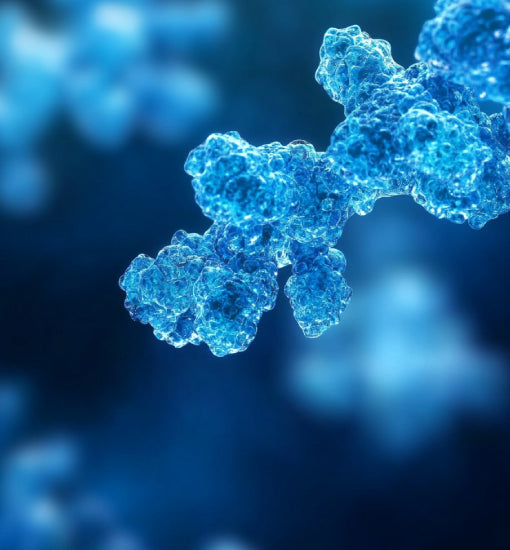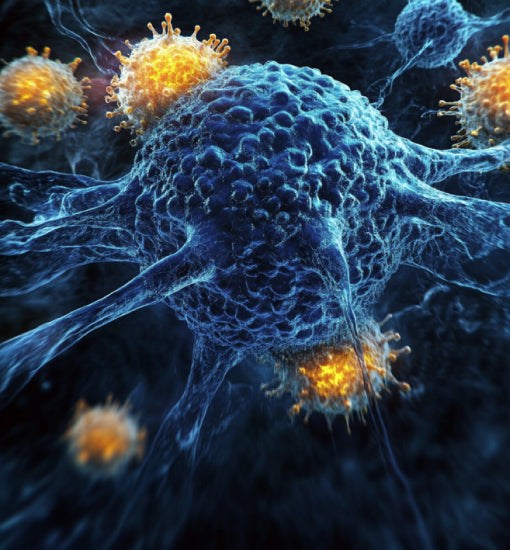Zellfunktion, Stoffwechsel und erweiterte Analyse
Leveraging the Immune System for Innovative Therapeutics
Diese Kategorie umfasst Produkte, die zur Untersuchung der komplizierten Details zellulärer Prozesse verwendet werden, einschließlich Zelllebensfähigkeitstests, Apoptose-Nachweiskits, Luciferase-Reportertests und Kits für oxidativen Stress. Diese Reagenzien helfen bei der Überwachung und Quantifizierung zellulärer Reaktionen, was für das Verständnis des Stoffwechsels, der Apoptose und der gesamten Zellfunktion von entscheidender Bedeutung ist. Für Forscher, die sich für Stoffwechselwege und Stressreaktionen interessieren, stellen Mykoplasmen-Nachweiskits sicher, dass Kulturen nicht kontaminiert bleiben, während Zentrifugen, Mischer und Rotatoren die notwendige Infrastruktur für die Probenverarbeitung bereitstellen.






